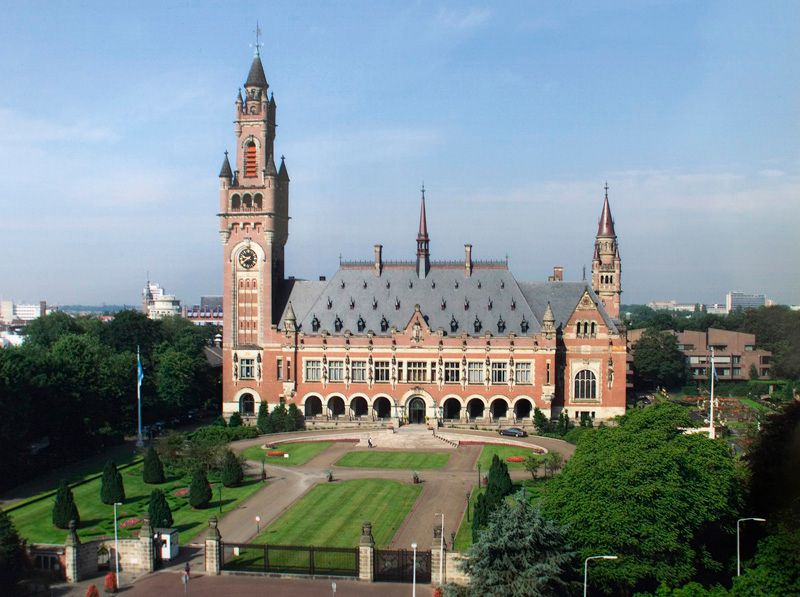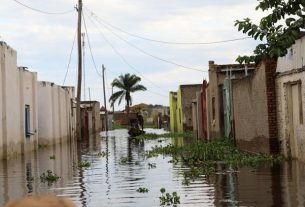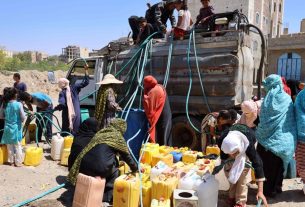The International Court of Justice (ICJ) stands as the principal judicial body of the United Nations, established to settle legal disputes between states and provide advisory opinions on international legal questions. Unlike national courts, which deal with disputes between individuals, the ICJ’s jurisdiction is primarily limited to cases involving states, although its decisions can have significant implications for global justice and human rights. The court plays a pivotal role in maintaining the rule of international law, but understanding how accessible its services are—especially to the underprivileged—requires a deeper look at its processes, inclusivity, and legal support mechanisms.
The Workings of the ICJ: Jurisdiction and Process
The ICJ operates in two primary ways:
- Contentious Cases: The ICJ resolves disputes between states that voluntarily accept its jurisdiction. This can involve issues such as territorial disputes, the interpretation of treaties, violations of international law, and more. In contentious cases, only states can be parties, meaning individuals, NGOs, or private entities cannot directly bring cases before the court.
- Advisory Opinions: The ICJ also provides advisory opinions on legal questions referred to it by UN organs or specialized agencies. These opinions, although not legally binding, can influence international law and guide global decision-making.
In terms of its process, the ICJ follows a detailed legal procedure:
- Written and Oral Proceedings: In contentious cases, both parties present written memorials and counter-memorials, followed by oral arguments in the form of public hearings. Legal representatives for the states involved argue their case before the judges.
- Rulings and Decisions: After deliberations, the ICJ issues its ruling, which is binding on the parties involved. However, enforcement of its decisions relies on the willingness of the parties and the UN Security Council, making the court’s power somewhat limited in cases of non-compliance.
Inclusivity in the ICJ Process
While the ICJ’s process is central to the functioning of international law, the inclusivity of its proceedings has limitations:
- State-Centric Nature: The ICJ is primarily state-centered, meaning it does not engage with individuals or organizations unless they represent a state. This inherently excludes many underprivileged groups who might be affected by international law but have no direct means to address the court.
- Accessibility of Justice: For developing nations or those facing political or economic difficulties, access to the ICJ can be daunting. The expenses associated with filing a case, presenting legal arguments, and sustaining a prolonged legal process can be prohibitive for less affluent countries. This often leads to a reliance on legal diplomacy and international pressure rather than the formal court process.
While the ICJ operates transparently and allows for hearings open to the public, it remains limited in its accessibility to non-state actors.
Who Can Use ICJ’s Services?
The primary users of the ICJ are sovereign states that need resolution for international legal disputes. The court offers its services for states involved in conflicts that fall under its jurisdiction, such as:
- Territorial Disputes: Conflicts over borders, maritime boundaries, and other territorial issues.
- Treaty Violations: Cases involving the interpretation or alleged breach of international treaties.
- Human Rights: Some human rights cases may come before the ICJ, especially when a treaty or convention is involved, though other international bodies like the International Criminal Court (ICC) may handle human rights violations by individuals.
Given that the ICJ handles state-to-state disputes, there is no direct provision for individual citizens or NGOs to use the court’s services. However, some cases may indirectly benefit individuals or communities affected by international legal decisions.
Support for the Underprivileged in International Law
While the ICJ’s services are generally available only to states, there are some indirect provisions to ensure that underprivileged groups may still benefit from international legal principles:
- Access to Justice for Developing Countries:
- Legal Aid: The ICJ does not have a formal legal aid program for countries without the means to fund their case. However, some developing countries are able to access financial support through the UN or regional organizations. For example, if a case is of significant international importance or involves an issue of global justice, financial or diplomatic support might be extended to a weaker state in order to enable it to pursue the case.
- Public International Law Organizations: Several non-governmental organizations (NGOs) and intergovernmental bodies work within the international legal framework to support underprivileged groups, such as advocating for the protection of human rights, the environment, and humanitarian concerns. These organizations cannot directly bring cases to the ICJ but often engage in advocacy and policy work that supports the interests of marginalized populations.
- Regional and Specialized Courts: In addition to the ICJ, other courts like the European Court of Human Rights (ECHR) or the Inter-American Court of Human Rights (IACHR) offer more direct access to individuals seeking legal remedy for violations of international human rights law. While the ICJ does not offer such access, these regional courts are often more responsive to cases brought by individuals or civil society groups.
- Legal Representatives and Practitioners: While the ICJ itself does not provide legal representation for underprivileged groups, legal practitioners specializing in international law can offer support. In contentious cases, states typically hire experienced legal teams consisting of international lawyers, often from prestigious law firms or academic backgrounds, to represent their interests. In some cases, non-governmental organizations may collaborate with legal professionals to provide expertise on specific issues related to underprivileged populations.
Conclusion: The ICJ’s Role in Global Justice
While the International Court of Justice plays a critical role in resolving international disputes between states, it is largely inaccessible to individuals or underprivileged groups directly. Its state-centric structure limits its ability to address the needs of non-state actors, although some may benefit indirectly through the policies and practices influenced by the court’s decisions.
The legal support for underprivileged groups often comes from NGOs, human rights organizations, and regional courts, which are more attuned to providing direct access to justice for individuals. However, these mechanisms often lack the same enforcement power as the ICJ, meaning the path to justice remains challenging for marginalized populations.
In summary, while the ICJ is an essential part of the global legal framework, its role in serving underprivileged or non-state actors is constrained. More comprehensive systems, including human rights bodies and regional courts, are crucial for bridging the gap in access to justice at the international level.
Picture provided by: The Peace Palace in The Hague, Netherlands: http://commons.wikimedia.org/


